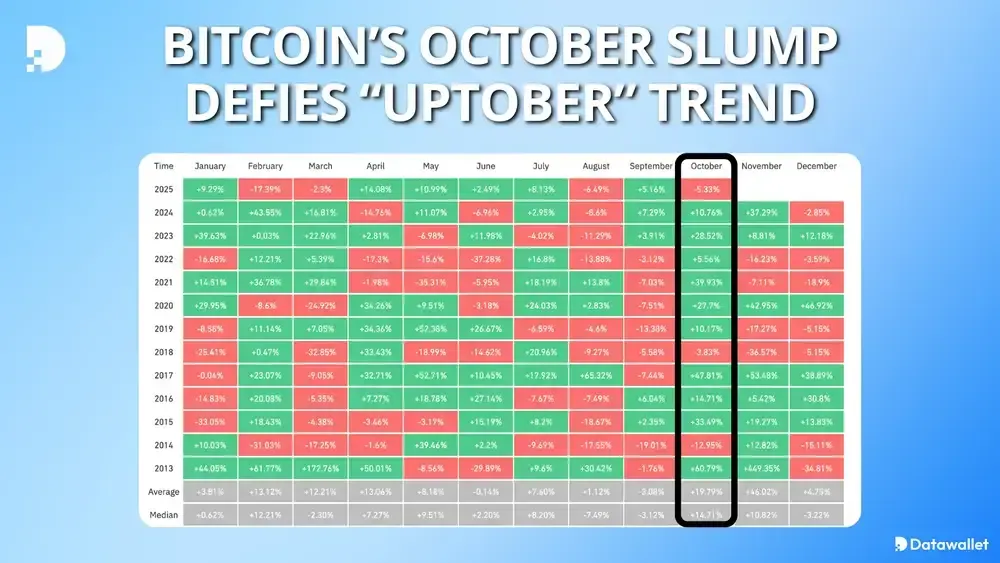Ondo Finance Asks the SEC to Delay Nasdaq's Tokenization

GM. Ondo Finance asked the SEC to delay Nasdaq’s tokenization rule, arguing its blockchain settlement plans lack transparency and give Wall Street an unfair edge.
Meanwhile, OpenSea set 2026 for its SEA token launch, Stripe’s Tempo blockchain raised $500 million, and Beijing halted tech firms’ stablecoin plans in Hong Kong.
A fresh week opens with the following headlines. 👇
Ondo Finance Asks the SEC to Delay Nasdaq's Tokenization
Ondo Finance has urged the SEC to stall Nasdaq’s proposed rule for trading tokenized securities, warning it rests on unverified settlement infrastructure. The firm’s letter accuses Nasdaq and the Depository Trust Company of operating without public disclosure on how blockchain-based assets would clear and settle.
The dispute pits one of the largest blockchain tokenization startups against the US’s biggest exchange operator, exposing early fractures in Wall Street’s digital-asset ambitions. Ondo argued that Nasdaq’s plan relies on DTC’s “preliminary sense” of a system that hasn’t been formally described or tested.
Nasdaq’s filing seeks permission to list tokenized securities, expecting DTC to manage post-trade settlement through new blockchain-linked services still under development. Ondo warned that selective access to those details gives incumbents an unfair head start and risks excluding newer digital-native firms.
The company said it could support Nasdaq’s proposal once DTC publicly discloses its token settlement design. Until then, it has asked the SEC to open formal proceedings, potentially delaying the first regulated tokenized RWA market on a major US exchange.
OpenSea to Launch SEA Token and Trading Hub in 2026
OpenSea announced plans to release its SEA token in early 2026 as part of its ambitious multi-chain expansion strategy. CEO Devin Finzer said half of all token supply will go to community users through an extended initial claim window. The company will also direct fifty percent of launch revenue to SEA buybacks for ongoing ecosystem and liquidity development incentives.
The platform’s overhaul includes upcoming support for perpetual futures contracts and a forthcoming mobile trading app for global users. Executives said OpenSea’s overarching goal is to become a unified home for trading digital assets seamlessly across multiple chains. Analysts expect the token rollout to further accelerate its quick shift from NFT marketplace to a full-scale onchain trading hub.
Stripe’s Tempo Blockchain Raises $500 Million
Stripe’s blockchain project Tempo raised $500 million in a Series A round valuing the initiative at $5 billion. The funding, co-led by Greenoaks and Thrive Capital, highlights investor demand for institutional-grade payment infrastructure in the blockchain space. Tempo will serve as Stripe’s Layer 1 chain focused on programmable settlement and onchain financial services.
The company also recruited Ethereum researcher Dankrad Feist to lead core protocol development after his departure from the Ethereum Foundation. Feist said the opportunity would allow him to advance mainstream crypto payments with Stripe’s global network. Industry reactions have been mixed, with some praising the move and others lamenting a talent shift toward corporate blockchains.
Beijing Blocks Tech Giants’ Stablecoin Plans in Hong Kong
China’s central bank directed major technology firms to halt plans to issue stablecoins in Hong Kong, according to reports. Regulators instructed Alibaba affiliate Ant Group and retailer JDcom to pause initiatives tied to Hong Kong’s new licensing regime. Officials expressed concern that privately issued stablecoins could undermine adoption of China’s official digital yuan.
Sources said the People’s Bank of China raised warnings about over-issuance, leverage, and potential systemic instability from unregulated tokens like stablecoins. Authorities reportedly favor a slower rollout as mainland regulators maintain strict oversight of cross-border crypto operations. Analysts said the intervention underscores Beijing’s effort to maintain currency sovereignty while guiding HK’s fintech development.
Data of the Day
Bitcoin’s price decline has turned October into its weakest performance in a decade, reversing the month’s bullish tradition. The asset has fallen about five percent since the start of the month, trading near $107,000 amid global market stress. Analysts said geopolitical tensions, reduced liquidity, and large-scale liquidations have erased typical seasonal gains for crypto markets.
CoinGlass data showed $1.2 billion in long-position liquidations following recent volatility, extending losses across major altcoins. Historically, Bitcoin has only finished October lower twice in the past twelve years. Market strategists said a rebound remains possible if macro pressures ease and short-covering momentum lifts prices later this month.

More Breaking News
- The UK tax authority doubled its crypto warning letters to 65,000 amid a sweeping crackdown on unpaid gains as national adoption hits seven million.
- Ripple Labs is reportedly leading a massive $1 billion raise to create a new XRP digital asset treasury following its recent GTreasury acquisition.
- BitMine purchased about $1.5 billion in Ether shortly after the market crash, as Tom Lee warned the digital asset treasury bubble may burst.
- Binance officially gained long-awaited regulatory approval to acquire Korean exchange GOPAX, clearing a two-year review and reopening access to the key Asian market.
- Uniswap’s web app now fully supports Solana wallets, enabling users to swap SOL tokens directly and bridging Ethereum and Solana DeFi ecosystems.
- YouTube star MrBeast officially filed a trademark for “MrBeast Financial,” covering crypto exchange, payments, and insurance services under one unified financial brand.
- Solana aggregator Jupiter successfully launched Ultra v3, touting 34x stronger MEV protection, faster routing, and efficient gasless trading across all its products.
- Michael Saylor publicly hinted at another huge Bitcoin purchase as Strategy’s holdings reached 640,250 BTC worth $69 billion despite collapsing NAV ratios.
For the latest updates on digital asset markets, follow us on X @Datawalletcom.
.webp)
Written by
Jed Barker
Editor-in-Chief
Jed, a digital asset analyst since 2015, founded Datawallet to simplify crypto and decentralized finance. His background includes research roles in leading publications and a venture firm, reflecting his commitment to making complex financial concepts accessible.







